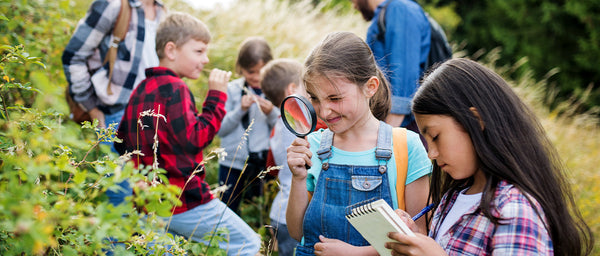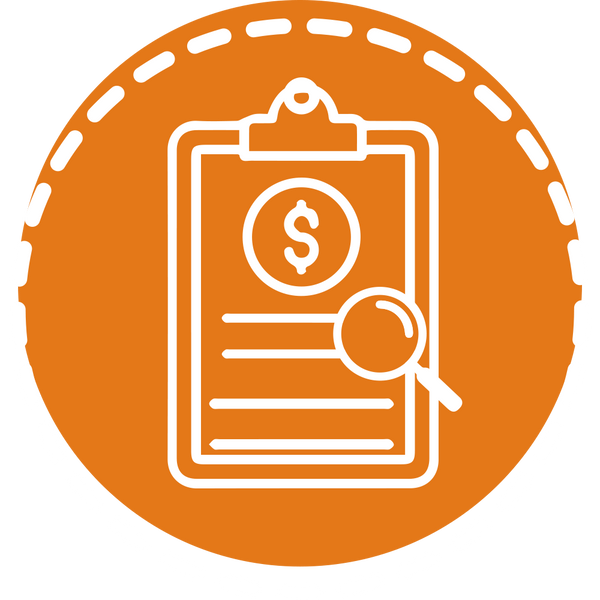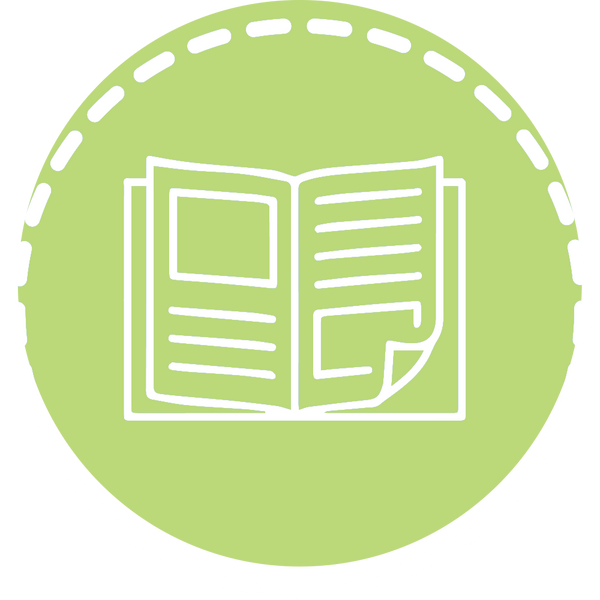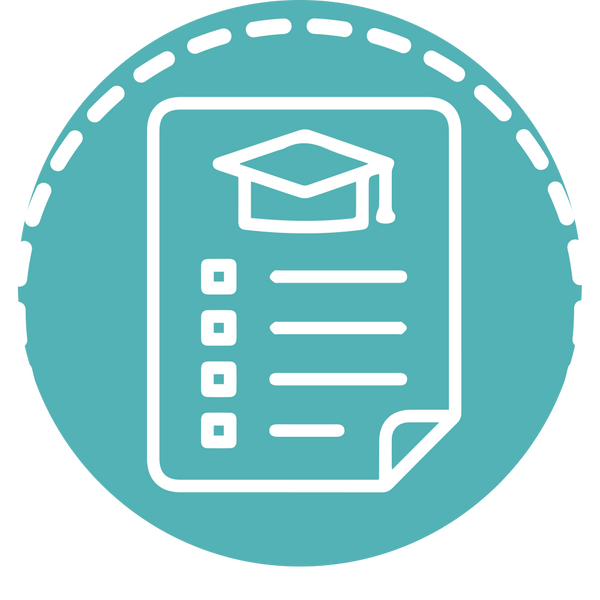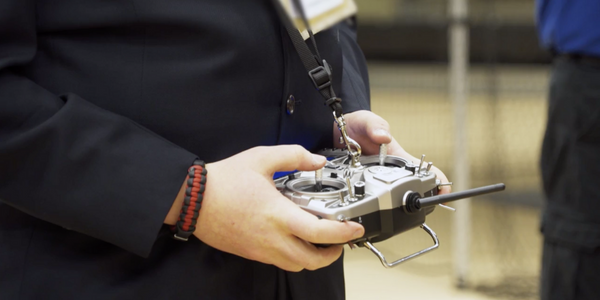
2019 Idaho TSA Drone Challenge
On March 8th, 2019, seven student teams gathered in Twin Falls, Idaho, for the ultimate test of drone knowledge and flying prowess. At the 2019 TSA Drone Challenge, the pre-competition atmosphere was buzzing. Teams were working laps in the practice tent, making last-minute adjustments to their drone as they rehearsed the critical lift-and-drop for the relay test, while others practiced reciting their presentations, ready to give it their all — with a title on the line, the excitement was palpable.
Competition Structure
The Idaho Technology Student Association (TSA) UAV Technology Drone Quadcopter Challenge is a quickly growing, highly anticipated annual competition involving four distinct contests.
- The first is a written exam on UAV technology and drone mechanics. Teams are required to study FAA regulations and procedures for safe and ethical drone piloting.
- Second is a problem-solving challenge which includes a research project, portfolio and oral presentation. Each student team must identify a problem within their community and develop a solution using drones. Their solution is judged based on research, creativity, innovation and delivery.
- Third, teams must complete a timed lap of an obstacle course, navigating around static obstacles and through hoops, vying for the fastest lap.
- Lastly, teams must complete a relay race which tests their flight skills and engineering design abilities as they are challenged to fashion hooks or contraptions that attach to the drone and carry pyramidal batons. During the race, teams try to transport the maximum number of batons from one platform to another during the allotted time.
Why Drones?
Drones are so much more than fun toys. Across the globe, these mechanical marvels are finding a home in diverse sectors, enriching jobs and opening new career technical education (CTE) pathways — something that the students who participated in the TSA Drone Challenge really understand. As one of the teacher advisors noted,
“I was very impressed with the students’ dedication to practice and the efforts they put into customizing the drones. I think that’s going to translate into career options. I’m seeing lots of engineering practices in technology.”
At the competition, many students noted that their experience preparing for the TSA competition opened their eyes to potential careers. One student who did his research project on drones and wildfire prevention said that he learned a lot in the research process and was interested in learning more about what a career in drone modifications for wildfire prevention would be like. Another student interested in joining the Air Force thought that his experience with drones would be a great asset in his training as a pilot. While not every student will pursue a drone-specific path, many of them hoped to apply the engineering and technology skills they learned in other careers. Gabe, a student competitor, noted, “technology helps in every single career since technology is becoming more prevalent in society.”
Michelle, one of the judges for the drone competition, was very impressed by the caliber of student work. At the end of the competition, she commented, “today we saw students that not only were collaborating and working together, showcasing their piloting skills, but also speaking really knowledgeably about drones, how they are currently being used, and how they could be used in the future whether in their careers or other careers they may like to pursue.” Another judge, Jim, noted, “it’s exciting to see how innovative the students have been and to help them understand the value of the drones. They are not only fun to use, but they have a purpose in... the occupations they can apply to as they continue their training in post-secondary education.”
21st Century Skills
Studying and flying drones also strongly supports the development of 21st-Century Skills. One teacher advisor noted, “it was fun to see them handle the pressure. When things weren’t going well, they were able to get back on their feet really fast.” Instead of quitting when something doesn’t work on the first try, students learn to investigate the problem, think critically about the factors involved and test possible solutions until they succeed. This grit and persistence will serve students well throughout their lives.
The process of building, calibrating and flying a drone challenges students to develop soft skills. In order to succeed in the drone competition, they must learn to work in teams, challenging one another and communicating to achieve desired outcomes. One pair of students at the competition was made of an experienced pilot and someone who had never touched a drone before. As they prepared, they helped one another, using their strengths to balance the team and grow each other’s skills. The experienced pilot invited the novice over to his home to practice on the weekends, helping him develop confidence and accuracy. The novice said, “beginning off, I couldn’t even get [the drone] off the floor… but we set tiny goals. For example, one day we just practiced flying around obstacles and maintaining a proper balance on the height.” By the day of the competition, both teammates felt ready, confident that they could work together to complete the flight challenges.
The Future of TSA
The TSA stretches far beyond drones. When asked why he loves being a part of the club, one student said, “this club is for everyone... You think it’s just ‘technology,’ but you can do things like making a song or fashion design or making videos and movies. That’s not what people expect. I think no matter who you are, you’re going to have a lot of fun.” His teammate added, “I think that the differences in people is what helps make the TSA great. You can teach others about stuff regarding technology and other career paths.”
Clearly, the TSA has made an impact. Giving students the opportunity to learn with drones and other engaging materials encourages them to go beyond the normal studying for a test. It empowers them to learn a new field, developing skills that will serve them in whatever career they pursue.
Related Articles & Drone Resources
- TSA Drone Competitions: 2018 | 2020
- Webinar: Discover Drones as an Instructional Platform
- Discover Drones: Testimonials
- Product: Discover Drones


